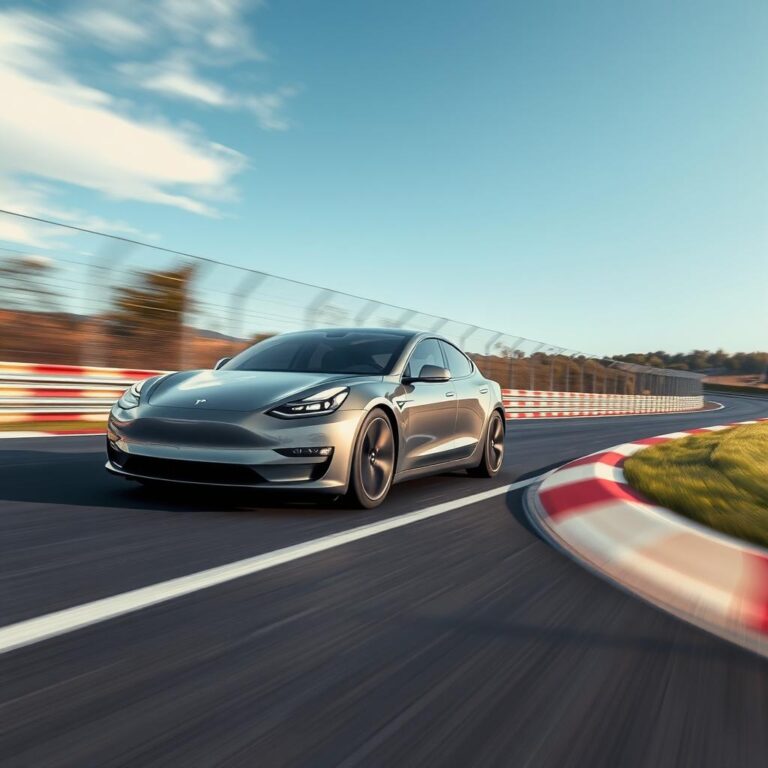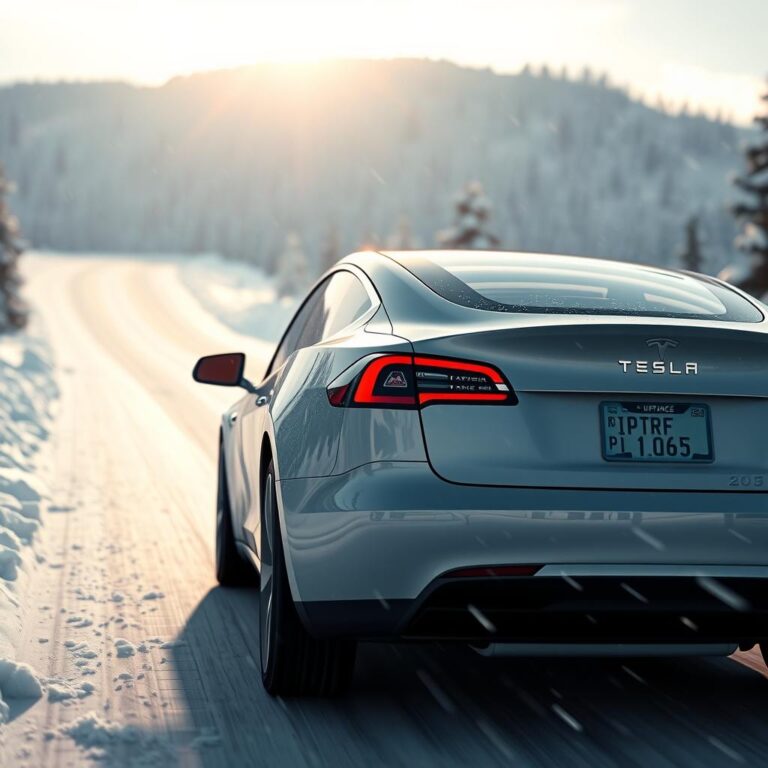Can You Charge A Non Tesla Car On A Tesla Charger?
Can you charge a non-Tesla car on a Tesla charger? The short answer—sometimes. But it depends on the type of Tesla charger and your car’s compatibility.
Not all charging stations are created equal. While Tesla’s Supercharger network was originally built for Tesla owners, recent changes have made it possible for some non-Tesla EVs to plug in.
Can a Non-Tesla EV Use a Tesla Charger?
Yes, but only under specific conditions. There are three types of Tesla chargers:
- Tesla Superchargers – Fastest, but mostly exclusive to Tesla vehicles.
- Tesla Destination Chargers – Slower, but often accessible to non-Tesla EVs with an adapter.
- Tesla Wall Connectors (Home Chargers) – Can charge non-Teslas with an adapter.
Let’s break down how each works for non-Tesla electric vehicles.
1. Tesla Superchargers – Can You Use Them?
Most non-Tesla EVs cannot use Tesla Superchargers in the U.S. But Tesla has started rolling out Supercharger access for other EVs in certain regions.
Where Can Non-Tesla EVs Use Superchargers?
- Europe: Tesla uses the CCS (Combined Charging System) standard, which is compatible with most non-Tesla EVs.
- U.S. (Limited Access): Tesla is gradually opening select Superchargers to non-Teslas, but it requires a Magic Dock adapter.
- Other Countries: Availability depends on local Tesla policies.
How to Charge a Non-Tesla at a Supercharger?
- Find an Open Supercharger: Use the Tesla app to check if non-Tesla access is available.
- Use a CCS-Compatible Supercharger: These allow direct plug-in for supported vehicles.
- Pay Through the Tesla App: Non-Tesla owners must set up an account and pay per kWh or per minute.
Which Cars Can Use Tesla Superchargers?
Most EVs with a CCS connector, such as:
- Ford Mustang Mach-E
- Rivian R1T & R1S
- Hyundai Ioniq 5 & 6
- Volkswagen ID.4
- Polestar 2
However, if your EV has a CHAdeMO connector (like a Nissan Leaf), you cannot use Tesla Superchargers.
2. Tesla Destination Chargers – More Non-Tesla Friendly
Destination chargers are slower but often compatible with non-Tesla EVs.
How to Charge a Non-Tesla at a Tesla Destination Charger?
- Check the Charger Type: If it has a J1772 connector, it’s compatible with most non-Teslas.
- Use an Adapter: If the charger only has a Tesla connector, you’ll need a Tesla-to-J1772 adapter.
- Plug In and Charge: No extra setup needed, just plug and wait.
Which Non-Tesla EVs Can Use Destination Chargers?
Any EV with a J1772 port can use a Tesla Destination Charger with an adapter, including:
- Chevrolet Bolt
- Hyundai Kona Electric
- BMW i4 & iX
- Lucid Air
- Any EV that supports J1772 charging
3. Tesla Wall Connectors – Home Charging for Any EV
Tesla’s Wall Connector (home charger) can be used by non-Tesla cars with the right adapter.
What Adapter Do You Need?
- Tesla-to-J1772 Adapter: Allows non-Teslas to charge on Tesla home chargers.
- Third-Party Adapters: Available online for compatibility with various EVs.
How to Charge a Non-Tesla at a Tesla Wall Connector?
- Get a Tesla-to-J1772 adapter.
- Plug the adapter into the Tesla Wall Connector.
- Connect your EV and start charging.
Superchargers vs. Destination Chargers: Key Differences
| Feature | Tesla Supercharger | Tesla Destination Charger |
|---|---|---|
| Speed | Fast (up to 250 kW) | Slow (11-22 kW) |
| Compatibility | Limited (only CCS-compatible EVs in select areas) | More flexible (J1772 adapter required) |
| Cost | Paid per kWh or minute | Usually free at hotels and parking lots |
FAQs About Charging a Non-Tesla at a Tesla Charger
Can all non-Tesla EVs use Tesla Superchargers?
No, only CCS-compatible EVs in select locations can access Tesla Superchargers.
How do I know if my EV can charge at a Tesla station?
Check the Tesla app or look for CCS-compatible Superchargers.
How Tesla is Opening Superchargers to Non-Tesla EVs
Tesla’s Supercharger network has been exclusive for years, but that’s starting to change. Here’s what’s happening:
- Europe: Tesla already uses CCS connectors, so most EVs can charge at Tesla Superchargers.
- United States: Tesla is rolling out the Magic Dock to make Superchargers compatible with non-Tesla EVs.
- Asia & Other Markets: Access depends on Tesla’s expansion strategy.
As of now, Tesla is gradually allowing non-Teslas to use select Superchargers, but it’s still not a full rollout.
What is the Magic Dock?
The Magic Dock is Tesla’s built-in CCS adapter for Superchargers. It allows non-Tesla EVs to charge without needing an external adapter.
How to Use the Magic Dock?
- Locate a Tesla Supercharger with Magic Dock support.
- Open the Tesla app and select your charging session.
- Plug in using the built-in CCS adapter.
- Start charging and pay through the app.
Magic Dock-equipped Superchargers are currently available in select U.S. states, with more planned.
Adapters That Allow Non-Tesla EVs to Use Tesla Chargers
If you drive a non-Tesla EV, you might need an adapter to use Tesla’s charging stations. Here are the best options:
- Tesla-to-J1772 Adapter: Needed for Destination Chargers and Wall Connectors.
- CHAdeMO Adapter: Some older Tesla Superchargers use CHAdeMO, but it’s less common now.
- CCS Adapter: Tesla’s newer Superchargers have CCS, which works for many non-Tesla EVs.
Adapters can cost anywhere from $50 to $300, depending on the brand and type.
How Tesla Supercharging Costs Compare to Other EV Chargers
Wondering if it’s worth using a Tesla charger for your non-Tesla EV? Let’s compare costs.
| Charging Network | Average Cost Per kWh | Charging Speed |
|---|---|---|
| Tesla Supercharger | $0.25 – $0.50 per kWh | Fast (up to 250 kW) |
| Electrify America | $0.31 – $0.43 per kWh | Fast (up to 350 kW) |
| EVgo | $0.34 – $0.40 per kWh | Fast (up to 350 kW) |
| ChargePoint | Varies by location | Moderate (50 – 150 kW) |
Tesla’s Superchargers are competitive in pricing but aren’t always the cheapest. If you have access to multiple networks, compare rates before charging.
Is It Worth Charging a Non-Tesla at a Tesla Station?
Using a Tesla charger for a non-Tesla EV is convenient, but is it the best option?
Pros:
- Fast Charging: Tesla’s network is one of the most reliable.
- More Charging Locations: Tesla has thousands of Superchargers worldwide.
- Easy Payment: You can pay via the Tesla app.
Cons:
- Limited Access: Not all Tesla chargers work for non-Teslas.
- Adapter Requirement: Some chargers need additional equipment.
- Pricing: Superchargers aren’t always the cheapest option.
Future of Tesla Charging for Non-Tesla Owners
Looking ahead, Tesla is expected to continue expanding Supercharger access for all EVs. Key developments include:
- More Magic Dock Locations: Tesla plans to roll out CCS-compatible Superchargers across the U.S.
- Government-Funded Expansion: Tesla is receiving funding to make Superchargers accessible to all EVs.
- Increased Competition: Networks like Electrify America and EVgo are growing, giving EV drivers more options.
Over time, Tesla charging stations may become fully open to all electric vehicles.
FAQs About Charging a Non-Tesla on a Tesla Charger (Continued)
What is Tesla’s Magic Dock?
The Magic Dock is a built-in CCS adapter that allows non-Tesla EVs to use Tesla Superchargers.
Do all Tesla Superchargers support non-Tesla EVs?
No, only select Superchargers with CCS or Magic Dock support non-Tesla EVs.
Can I use a Tesla home charger for my non-Tesla EV?
Yes, but you’ll need a Tesla-to-J1772 adapter.
How do I pay for charging at a Tesla station?
Non-Tesla EV owners must use the Tesla app to start and pay for charging sessions.
Is Tesla planning to open all Superchargers to non-Teslas?
Yes, but the rollout is gradual and depends on location and infrastructure.
Final Verdict: Can You Charge a Non-Tesla on a Tesla Charger?
Yes, but it depends on the charger type.
- If you’re using a Supercharger, you’ll need a CCS-compatible EV or a Magic Dock.
- If you’re using a Destination Charger, you’ll need a Tesla-to-J1772 adapter.
- If you’re using a Wall Connector, an adapter can make it work for most EVs.
As Tesla continues to expand access, more non-Tesla EV owners will be able to tap into the Supercharger network. But for now, check charger compatibility before you plug in.
The future of EV charging is getting more connected. And Tesla’s charging network is a big part of that shift.



